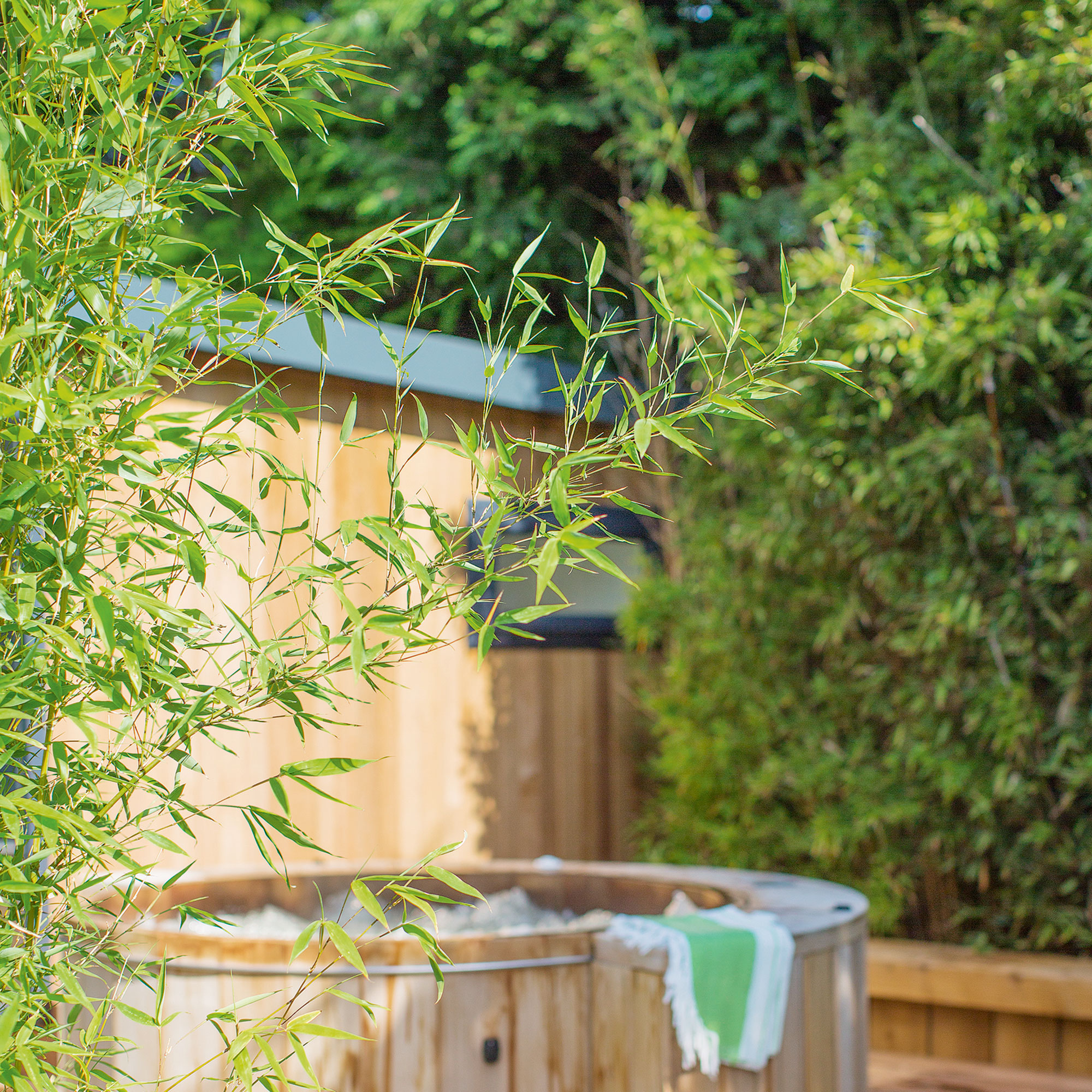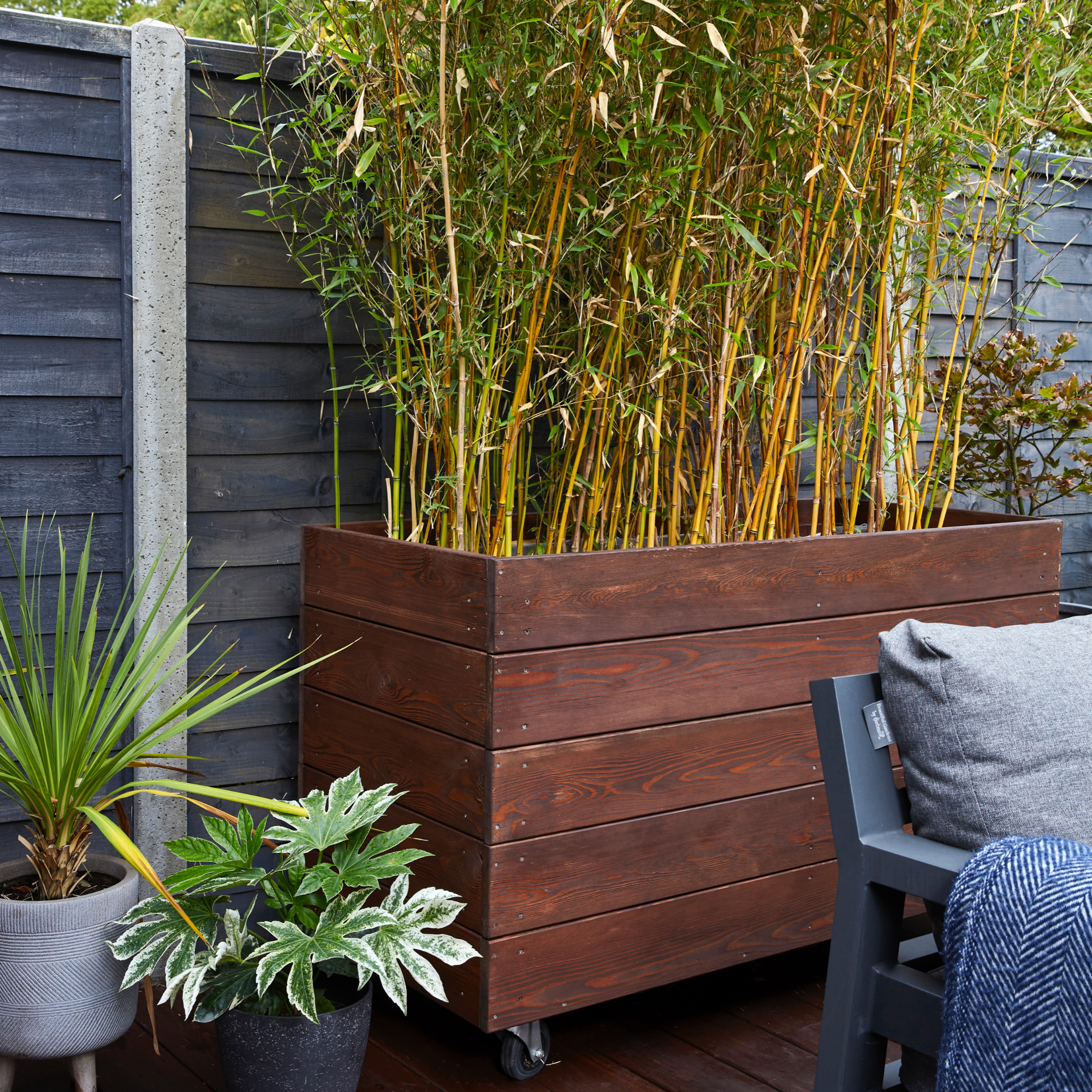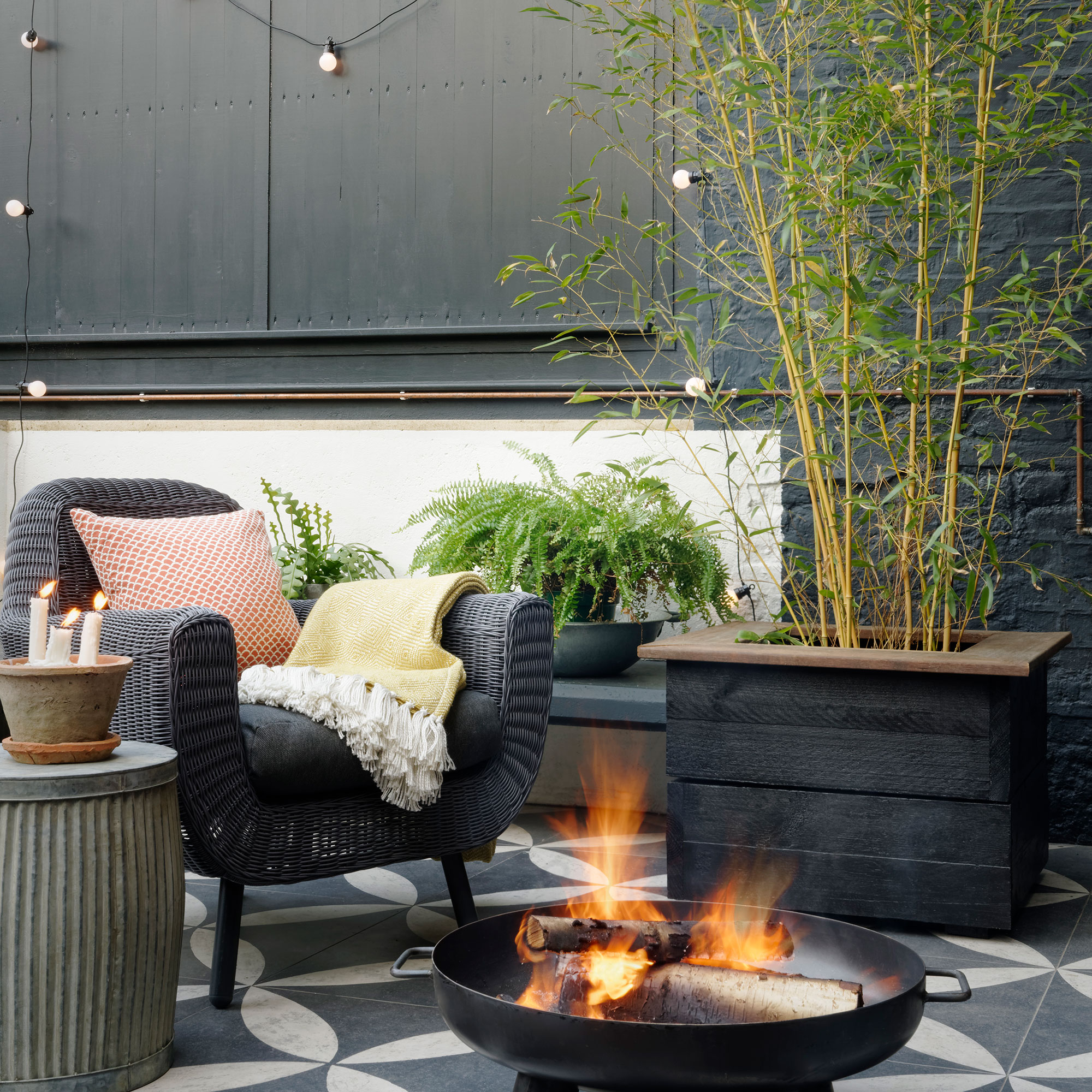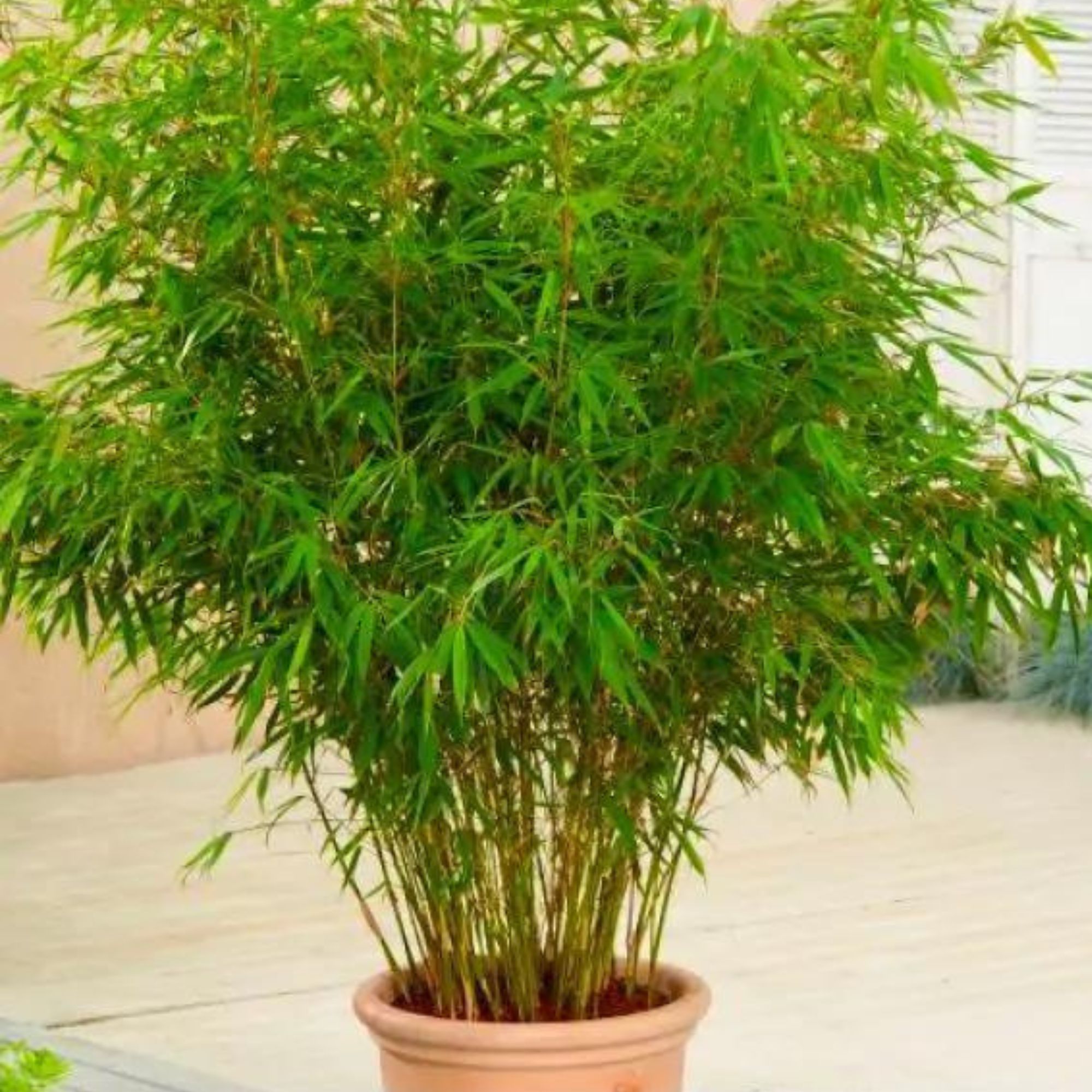Experts issue urgent warning to homeowners adding ‘invasive’ bamboo to their gardens
Don’t get caught out


In recent years, the popularity of bamboo has grown exponentially. But that’s not the only thing that’s grown, as experts are now warning homeowners of the risks associated with this popular plant.
As one of the fastest-growing plants in the world, bamboo is typically praised for its ability to serve as a garden screening idea. It can be trained to hide an ugly fence, and it’s one of the fastest-growing privacy trees you can buy to block out your neighbours. However, growing bamboo isn’t as zen as it may seem.
Experts are warning homeowners to understand how fast bamboo really grows, as this ‘invasive’ plant can quickly overwhelm your space and cause chaos and destruction in your garden.
Invasive bamboo warning
Although bamboo is incredibly easy to grow in most soil types, this popular plant isn’t all it's cracked up to be.
Steve Chilton, garden expert at LeisureBench, explains, ‘Certain types of bamboo are highly invasive, with wide, deep roots that can take over a garden. Running bamboo is generally more invasive than clumping bamboo, although any bamboo can be invasive if not properly looked after and cared for; it's just easier for some than others.’

In fact, bamboo can quickly grow out of control and invade your whole property if you don’t intervene - and one couple found this out for themselves when bamboo invaded their home and left them with a hefty £100,000 repair bill.
This is the case for the bamboo varieties that spread by underground stems called rhizomes, which can often grow out as far as 30ft from the main plant, creating new shoots in new (and often unplanned) areas of your garden.
Sign up to our newsletter for style inspiration, real homes, project and garden advice and shopping know-how
However, there is still a fairly distinct difference between running bamboo and clumping bamboo. While both will spread across your garden, clumping bamboo tends to ‘clump’ together and stick within its territory. As you can tell by the name, running bamboo doesn’t follow the same rules. It’ll grow horizontally from ‘runs’ off the main plants quickly and unpredictably.
To make matters worse, bamboo is so strong and hardy that nothing will stop its path. Craig Morley, a gardening expert from Budget Seeds says, ‘If bamboo is left to grow unchecked, it can become invasive and spread beyond the boundaries of your garden, especially running varieties.’

How to avoid bamboo damage
‘They are capable of appearing in many places where you may think you have a sufficient barrier, such as a patio or conservatory floor, and some weed suppressing fabrics are also unable to stop the spread of bamboo.'
As a result, your plants may suffer, nearby structures could disintegrate, and you’ll be left with a bamboo forest garden. To prevent this, most experts suggest adding bamboo to a container garden instead of planting in-ground. You should also add a bamboo-specific root-barrier - like this Todds Bamboo Root Barrier from Amazon - to keep the roots contained in the pot.
If you can, you should also choose clumping bamboo rather than running bamboo. More specifically, Steve says, ‘Bamboo to avoid in the garden includes: golden bamboo, black bamboo, red margin bamboo, yellow groove bamboo, and arrow bamboo. These can be particularly fast-growing and will be difficult to contain and keep under control once they spread.’


Steve is a passionate and knowledgeable garden expert with several years of experience within the field and has developed strong expertise for all things nature and plants. Steve is a keen educator and loves to share this knowledge with others. He strives to simplify complex garden practices and encourage eco-friendly gardening.
Where to buy bamboo
FAQs
What is the most invasive bamboo?
In terms of invasiveness, running bamboo is definitely the worst. This type of bamboo can grow in all directions and is known to grow around 30ft away from the main plant.
Because of this, running bamboo can cause a large amount of structural damage to your home if left unchecked.
However, clumping bamboo is also known to be incredibly invasive and can still cause problems. With this in mind, aim to keep bamboo out of your garden completely.
Can I stop my neighbour from planting bamboo?
Unfortunately, you can’t stop your neighbour from doing anything on their property. They are within their legal rights to plant anything they wish - including bamboo.
However, if you notice that the bamboo they planted is getting too close to your property, you can ask them politely to keep it in check. In the meantime, you can also use a root barrier or bamboo membrane to protect your property.
If your neighbour’s bamboo ultimately damages your home, though, you are well within your legal rights to take them to court under a ‘nuisance’ claim.
Is it illegal to grow bamboo in your garden?
No, growing bamboo in your garden is not illegal - but that’s not to say it won’t be in the future. As more and more people are struggling with invasive bamboo damaging their homes, many experts believe that bamboo may follow in the footsteps of Japanese knotweed and that legislation may come in place to keep this nuisance plant under control.
Yes, we still love bamboo. But let's just say that we're a little bit wary of bamboo now...

Lauren Bradbury has been the Content Editor for the House Manual section since January 2025 but worked with the team as a freelancer for a year and a half before that. She graduated with a Bachelor’s degree in English and Creative Writing from the University of Chichester in 2016. Then, she dipped her toe into the world of content writing, primarily focusing on home content. After years of agency work, she decided to take the plunge and become a full-time freelancer for online publications, including Real Homes and Ideal Home, before taking on this permanent role. Now, she spends her days searching for the best decluttering and cleaning hacks and creating handy how-to guides for homeowners and renters alike, as well as testing vacuums as part of her role as the Ideal Home Certified Expert in Training on Vacuums, having spent over 110 hours testing different vacuum models to date!


